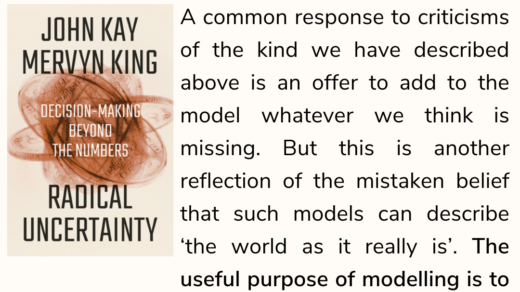The real migration crisis is not that there is too much international migration. Most of the time, migration comes at no economic cost to the native population, and it delivers some clear benefits to the migrants. The real problem is that people are often unable or unwilling to move, within and outside their country of birth, to take advantage of economic opportunities. Does that suggest that a forward-looking government should reward people who move and perhaps even penalize those who refuse to? This might sound outlandish, given that the current conversation is mostly focused on how to limit migration, but in the 1950s the governments of the United States, Canada, China, South Africa, and the Soviet Union were all heavily involved in more or less forced relocation policies. Those policies often had unstated but brutal political goals (suppression of troublesome ethnic groups being one), but they tended to be cloaked in the language of modernization, which emphasized the economic deficiencies of traditional economic arrangements. The modernization agenda in developing countries has often taken inspiration from these examples. There is also a long tradition in developing countries of governments using price and tax policies to benefit the urban sector at the cost of the rural. Many countries in Africa in the 1970s created what they called agricultural marketing boards. This was a cruel joke, since many of the boards were intended to prevent the marketing of produce so the board could buy it at the lowest prices, thereby stabilizing prices for city dwellers. Other countries, like India and China, banned exports of farm products to keep prices where urban consumers wanted them. A by-product of these policies was to make agriculture unprofitable, encouraging people to leave their farms. Of course, these policies hurt the poorest people in the economy, the small farmers and the landless laborers, who may not have had the wherewithal to move. This unfortunate history should not, however, blind us to the economic rationale for promoting migration. Mobility (internal and international) is a key channel through which standards of living can even out across regions and countries, and regional economic ups and downs can be absorbed. If workers move, they will take advantage of new opportunities and leave regions hit by economic adversity. This is how an economy can absorb crises and adapt to structural transformation.
It might be hard to imagine, and probably not that relevant for our local context, but lack of immigration is also a problem, particularly when people do not want to leave areas with poor economic opportunities for those with better. On a whole, the authors are saying, that increased mobility is overall beneficial for everyone and we should embrace it.



